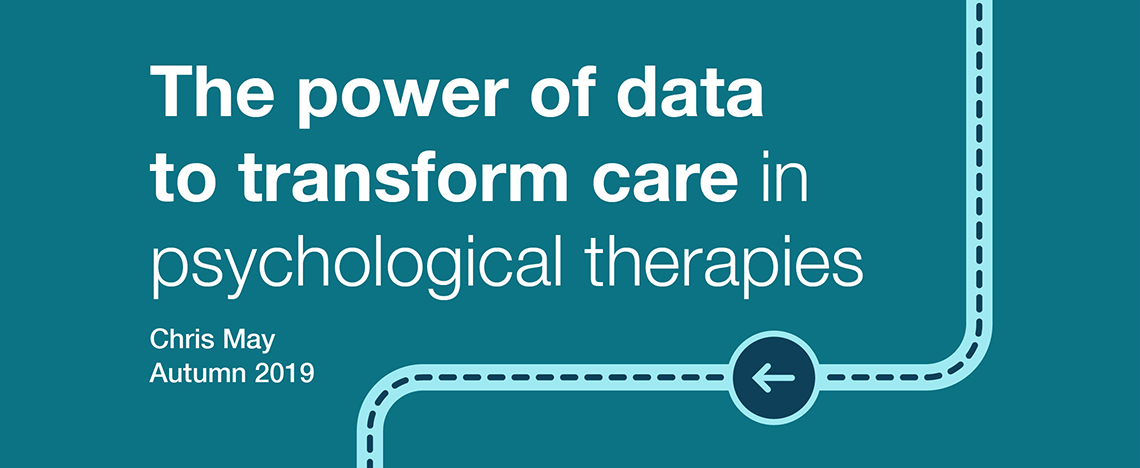
Big data. Machine learning. Artificial intelligence. Data science. Personalised healthcare. Digital.
These terms are increasingly heard around healthcare, but what do they mean? How do they differ from one another? How does data have the power to transform care in psychological therapies? And what do they have to do with psychological therapy?
At Mayden, our life’s work is creating digital technology that changes what’s possible for clinicians and patients and, with iaptus and Prism, we feel deeply privileged to have played our part in IAPT to transform care in psychological therapies – a mental health model that is admired around the world.
The power of data to transform care in psychological therapies
The NHS Long Term Plan sets out a target for IAPT to double in size by 2024 – an ambition that can only be achieved with a transformation in how care is delivered. It signals that digital transformation will be key to meeting its ambitious objectives, and senior NHS leaders at both national and trust level have demonstrated their intent to embrace a digital first strategy.
With millions of patient contacts at which outcome measurements have been recorded, IAPT services occupy an enviable position. We believe the data in the IAPT dataset can inform and enhance the interaction between therapist and patient, resulting in faster treatment, more choice, improved outcomes, and significant cost savings.
For that reason, we – in partnership with services – have embarked upon a new project, SAPIO, to support the digital transformation of the referral to treatment pathway.
Download our latest white paper to find out more.
